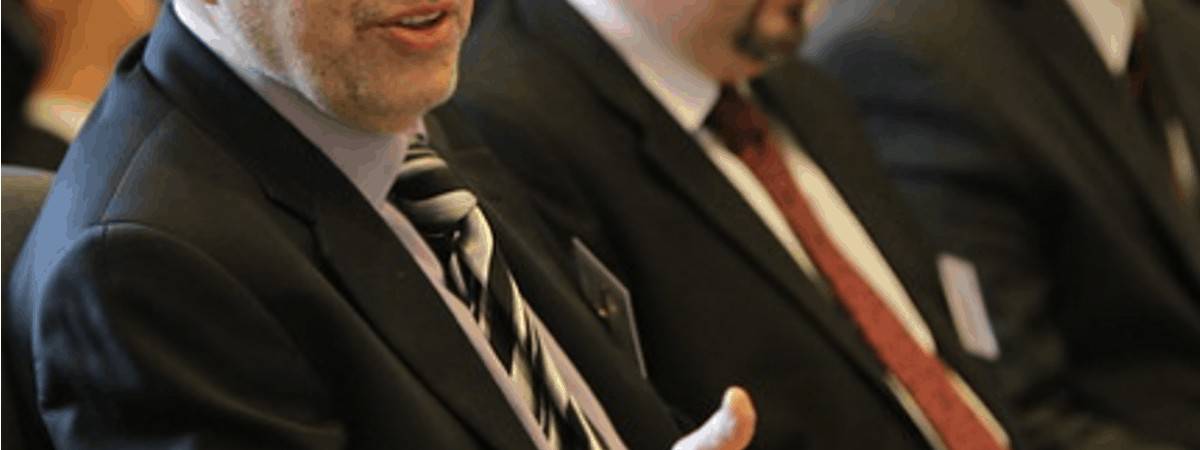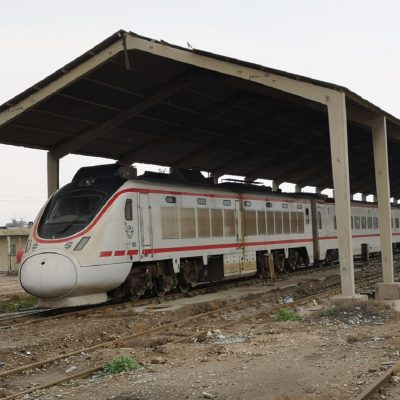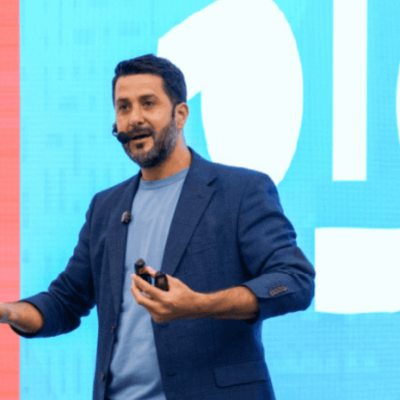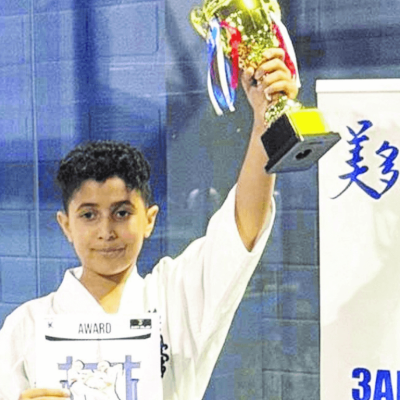Allawi’s government is “politically besieged” … and security continues to kill protesters in Iraq.

The government of Prime Minister-designate Muhammad Tawfiq Allawi is still “politically besieged” awaiting to be entrusted, while Iraqi security continued to use violence against protesters, Sunday, killing one person and injuring several others.
It is expected that the Representatives House will hold, next week, a special session to give governance to the Allawi government, while news are conflicting over its date between Monday and Wednesday
Speaker of Parliament Muhammad al-Halbousi called for a meeting on Monday at 11 am, based on Article 10 of the internal system of parliament, to consider the request made to hold a special session to form the new government and set the date for the session.
While the first deputy speaker of the Iraqi parliament, Hassan Karim Al-Kaabi, announced on Sunday that the special session will be postponed to next Wednesday, instead of Monday.
The political positions remain conflicting also from the Allawi government, as a division was registered between the positions of Sunnis, Shiites and Kurds. On Sunday, the Kurdish negotiating delegation left Baghdad for Erbil after the failure of their talks with Allawi, and the region will announce its final position tomorrow.
Security and medical sources said that Iraqi security forces killed one person and wounded seven, Sunday, when they opened fire on protesters in Baghdad. Iraq faces an unusual internal crisis, with about 500 people killed since the demonstrations began in the country.
The United Nations Security Council issued a statement earlier expressing deep concern about the violence, arrest and killing of demonstrators in Iraq, calling on the Iraqi authorities to carry out the necessary investigations in this regard.
The United Nations Mission in Iraq also called for an end to violence in the country, stressing that those responsible for these abuses must be held accountable.
Iraqi protesters are still protesting and demanding the departure of the ruling elite, which they consider to be corrupt, and an end to foreign interference in internal politics, especially from Iran, which has dominated state institutions since the overthrow of Saddam Hussein in 2003.




